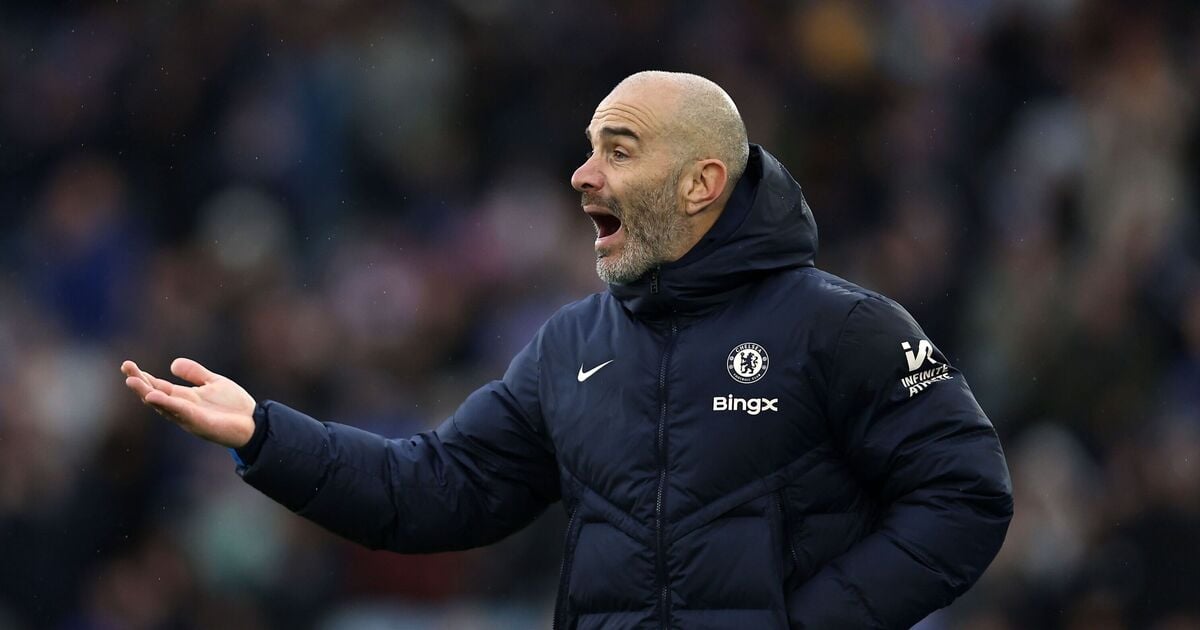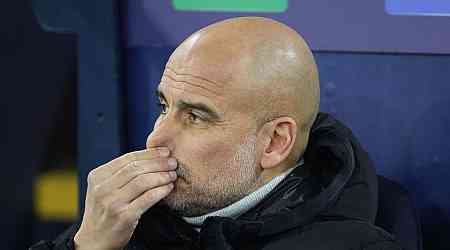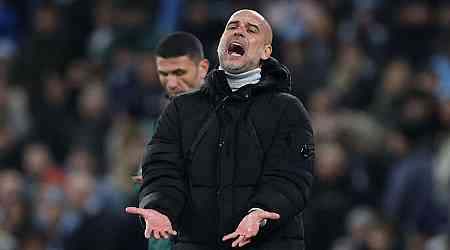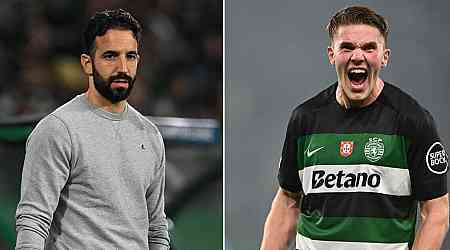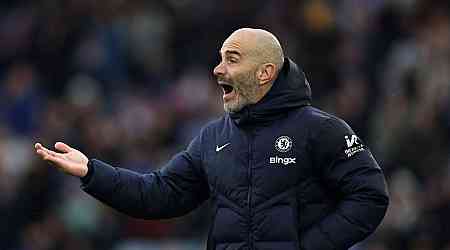
Chelsea are reportedly closing in on a deal to sign Arsenal hero Emmanuel Eboue’s 15-year-old son. Exciting attacker Mathis Eboue has shone for Watford’s academy teams and is set for a switch to Cobham.
Eboue Jr has been playing above his age group at Watford. He recently scored for the under-21s despite his tender age.
Chelsea have hoovered up many of the country’s best academy talents over the past few years. Post-Brexit recruitment rules mean clubs have been forced to look domestically for their best young players.
Watford will be owed compensation if a transfer for the England U16 international goes through. According to the Daily Mail, the deal is subject to the Premier League's five-step process which applies to all movements where compensation is involved.
It includes Eboue and his parents conducting exit interviews with an independent third party. The process acts as a deterrent to prevent clubs from breaching youth development rules.
The purpose of the five-step procedure is to ensure clubs do not commit a breach of those regulations, such as tapping up. Eboue’s move will be sealed once the authorities are satisfied that the switch is legitimate.
It can take up to three weeks for the process to conclude.
Chelsea have paid substantial sums for academy talent over the past few years. Left-back Zak Sturge and striker Shim Mheuka were both signed from Premier League rivals Brighton & Hove Albion FC.

Both deals went to a tribunal after the two clubs could not agree on compensation packages. Chelsea were ordered to pay £900,000 rising to £3.4million for Sturge and £1m rising to £4.25m for Mheuka, who was only 14 at the time.
However, the Blues have not always been able to keep hold of their best academy talent. Liverpool signed the highly-rated Rio Ngumoha from the west Londoners earlier this year.
According to The Athletic, England’s biggest clubs have been known to block scouts representing their rivals from attending academy matches. Due to Brexit, clubs cannot sign players from abroad until they turn 18 so have focused their attention to the best English prospects.
Another factor is the Premier League’s profit and sustainability rules, which inadvertently incentivises developing and selling academy graduates. Clubs whose homegrown stars depart can report their fees as ‘pure profit’ as no money was paid to sign them.


















